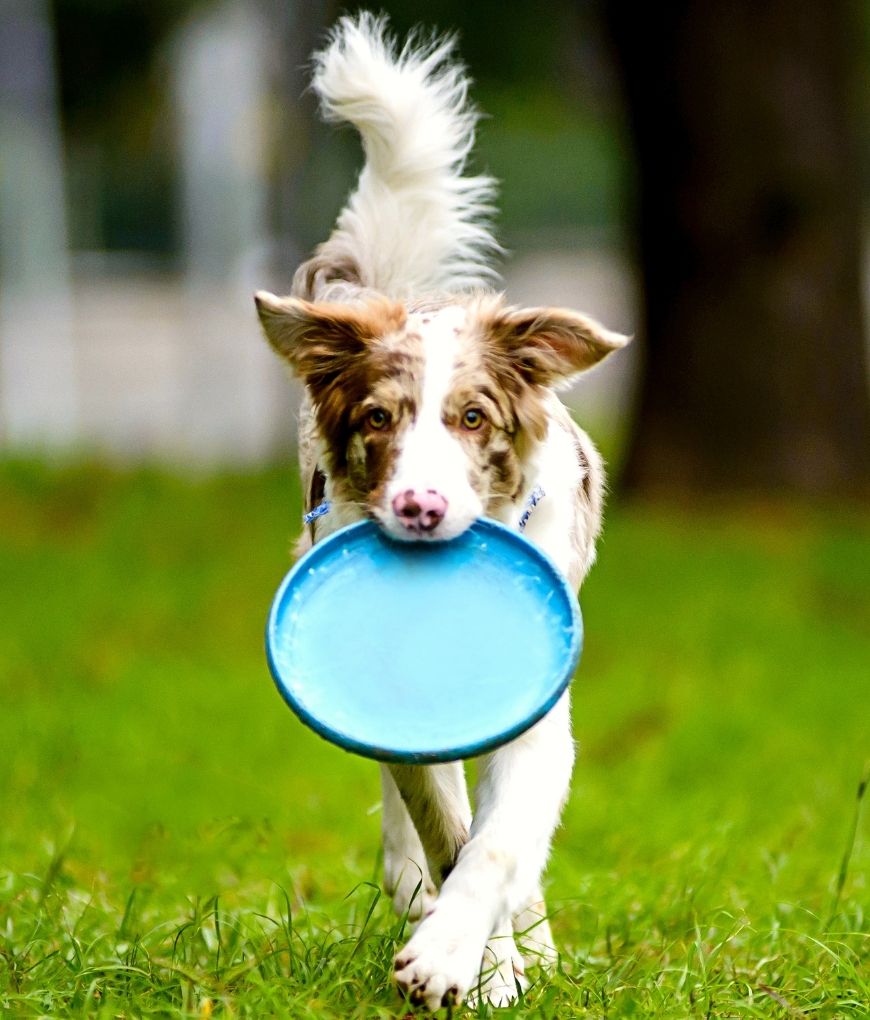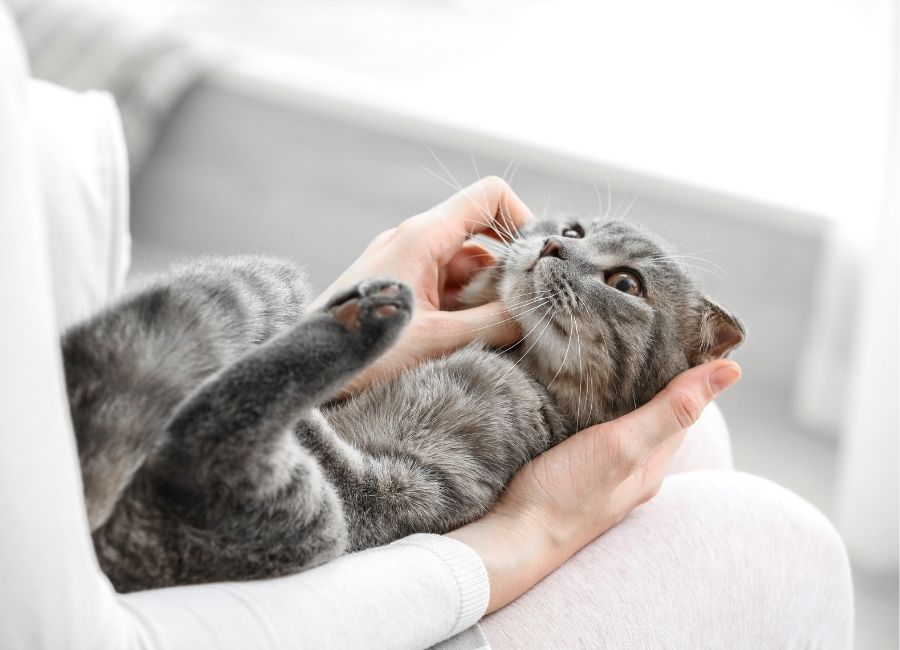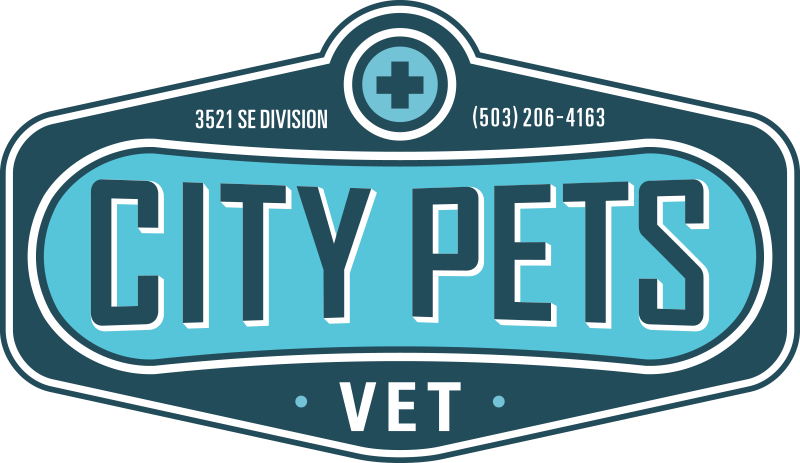Your Loving Vet In Portland, OR
Welcome to City Pets Vet
Your city vet who you can trust to provide compassionate, Fear-Free, individualized care to you and your pet.

Proudly Welcoming New Clients!


About our hospital
The best Care For Your Friend
Located in beautiful Portland Oregon, we are proud to serve our local Oregon community. Our veterinary team is committed to educating our clients on how to keep your pets healthy year-round, with good nutrition, exercise, and preventive care.
City Pets Vet stays on top of the latest advances in veterinary technology and above all, remembers that all animals and pets need to be treated with loving care in every examination, procedure, or surgery.
We strive to provide complete veterinary care for our patients.
Meet Our caring team
our caring doctors and staff
Our veterinary team at City Pets Vet is dedicated to providing your pet with cutting-edge medical treatment. We believe in fostering the human-animal bond and developing a harmonious connection between humans and animals. A polite receptionist, clean exam rooms, kind doctors, and compassionate technicians are all to be expected at our clinic.
We are grateful for the opportunity to support your pets’ ongoing health care.
Thank you for making us one of the highest-rated veterinary hospitals in PORTLAND, OR.
Your trust and support have been instrumental in our journey, and we want you to know how much it means to us. We look forward to continuing to provide you and your pet with only the best that the world of veterinary care has to offer.
